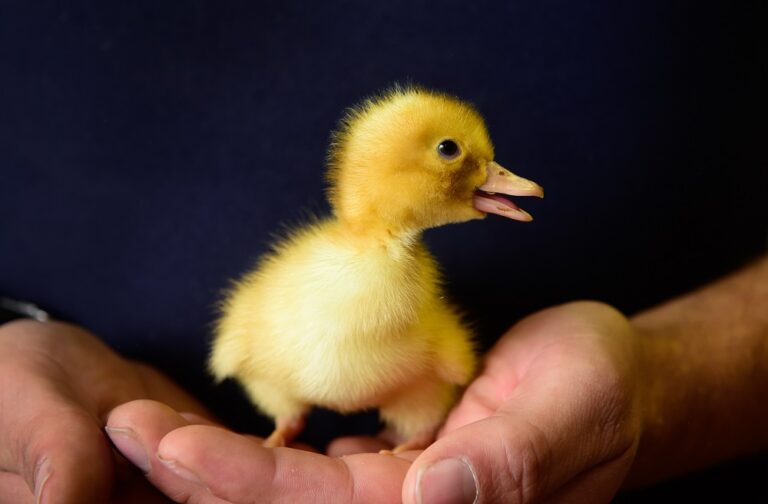As France becomes the first European country to kick off a poultry vaccination programme, the ramifications for trade are being closely watched in Britain. Michael Barker reports
The risk versus reward matrix of vaccinating against avian flu has been an intense topic of discussion in the poultry industry over the last couple of years.
While the UK government is currently preferring an approach of early warning, rapid action, biosecurity, culling and surveillance to prevent and control HPAI, the merits of vaccination to wipe out the disease have been debated at length. Arguably the biggest tick in the ‘no’ column has been the risk of damage to Britain’s £420 million export trade if destination countries put a ban on vaccinated products, and so the eyes of the poultry world have been on France following its momentous decision to start vaccinating ducks against AI in October.
The move didn’t take long to provoke an international response, with the US Department of Agriculture’s Animal & Plant Health Inspection Service (APHIS) immediately placing restrictions on the importation of French poultry, as well as live ducks, duck eggs and untreated duck products from the European Poultry Trade Region (EPTR), which excludes Great Britain. “Vaccination of poultry against HPAI virus may mask the virus circulating in poultry,” APHIS said in a statement explaining its decision. “Vaccinated birds may not show signs of HPAI infection, which could lead to the export of infected live animals or virus-contaminated products to the US.”
The situation is fluid, and it is clear that the different sides are still trying to establish their long-term positions as the world seeks to address the dangers posed by an unprecedented and debilitating avian flu outbreak. The US side noted that at the time the EPTR was established, European countries were not considering vaccination against HPAI. However, American authorities now feel they cannot be sure that countries trading in the European common market can “reliably certify that exports do not originate from European countries that vaccinate poultry from HPAI”.
APHIS stresses that it is engaged in ongoing discussions with the European Commission about HPAI vaccination programmes in the EU, while industry figures from the European side have stressed that France is restricting all exports of vaccinated ducks regardless of other countries’ decisions.
It’s fair to say that the British industry is watching developments with interest. British Poultry Council chief executive Richard Griffiths says that while the association doesn’t comment on other countries’ decisions, it is keen to see the results of France’s vaccination programme and the potential impact on trade, given that it is the first European country to take the plunge. “We are waiting for further information about France’s vaccination strategy,” he explains. “Vaccination should not pose a risk to trade so more discussion is needed globally to overcome these barriers. We wouldn’t vaccinate until we could overcome barriers to export. This is one of the many areas the Vaccination Taskforce is exploring.”
The BPC stresses that as regards its own position on vaccination, for now it is focused on strong and consistent biosecurity along with robust management practices. “The technical, commercial and scientific hurdles of vaccination are currently being explored in the UK,” Griffiths continues. “The BPC and its members have committed to a new piece of work in collaboration with government and other poultry industry bodies: the AI Vaccination Taskforce is exploring the challenges, costs, effectiveness and viability of vaccinating commercial poultry. In doing so the UK is taking a big step towards supporting businesses in managing this devastating disease, while flexing leadership on a global issue of high importance as a means of preserving, bolstering and enhancing trading relationships.
“Avian influenza control needs a toolbox of measures – some proven, like biosecurity, and others emerging, like vaccination. BPC members are committed to stamping out avian influenza where it occurs and will continue to work with the UK Government to improve and refine control measures.”
France has decided that the time for waiting and talking is now. Britain is just one of many countries who will closely scrutinise whether it has made the right decision or not.


